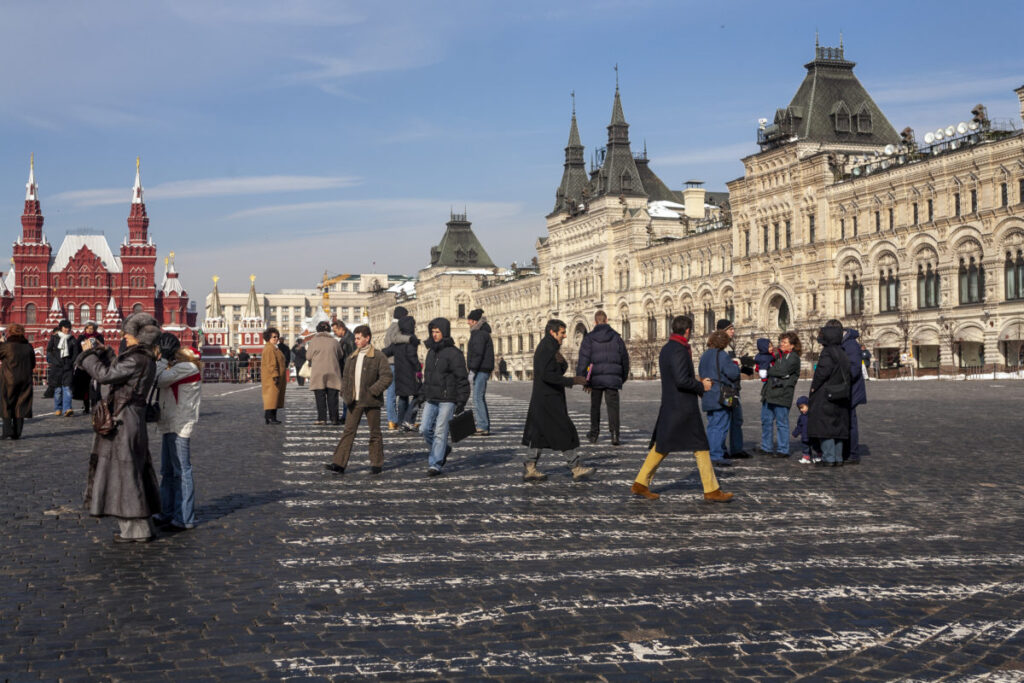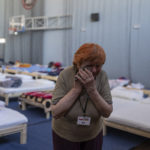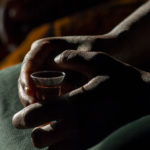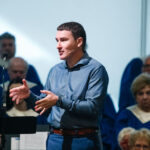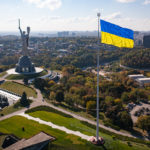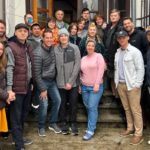
MOSCOW (BP) — The raid by secret police of Russian evangelical leader Yuri Sipko’s home will not silence the former Baptist Union president’s “uncompromised” stance.
Sergey Rakhuba, president of Mission Eurasia, promised as much in comments he shared with Baptist Press. (See related story.)
“I have personally known Yuri Sipko for a long time,” Rakhuba said. “He is an uncompromised, powerful leader and preacher of the Gospel for whom truth is the most important thing.”
Sipko’s home was one of many among prominent evangelical leaders that was raided by the FSB, Russia’s secret police, Mission Eurasia reported on Aug. 8.
A critic of his home country’s invasion of neighboring Ukraine, Sipko was accused of spreading false information about the Russian government and its army’s actions in Ukraine. He fled his home prior to the raid and is now in a safe location, reported Mission Eurasia.
Rakhuba said the raid of Sipko’s home was “widely televised all across the news channels in Russia.”
“[Aug. 15], the Department of Internal Affairs of Russia actually announced that Yuri Sipko, the former president of the Baptist Union of Russia and the president of the World Baptist Alliance, is Russia’s most wanted criminal. This means that his name is everywhere and his family is now being targeted. Yuri has 10 children and many grandchildren, and they are feeling threatened wherever they go,” Rakhuba said.
Sipko’s opposition to Vladimir Putin extends back to the Russian president’s early days in power, particularly Putin’s past as a KGB officer. Those stances continued with Russia’s 2014 invasion of Ukraine and annexation of Crimea. The next year Sipko spoke at a consultation hosted by Mission Eurasia at the Bishop of Canterbury’s headquarters in London to raise awareness over the invasion.
The Russian government has continued targeting evangelical leaders across denominational lines who dare to criticize the Putin regime, Rakhuba said. One leader and his wife were detained, threatened and interrogated for two days. When released they were warned about sharing anything that happened during interrogation.
A friend of Rakhuba’s was invited to share a word of encouragement at one of Moscow’s larger churches on Aug. 13. Sipko had previously preached at the church and was well-respected there. Before the friend spoke, church leaders warned him to not mention Sipko as they had received a warning from the FSB.
“Most deny that this is the beginning of a new wave of repression by the Russian regime. [But] we are monitoring churches in the occupied territories in Ukraine through our Religious Freedom Initiative and have discovered that more than 500 churches have been seized, many pastors have been deported, some have disappeared and many have been killed by the Russian regime.”
A common thread is emerging in those areas, he noted. Only the Russian Orthodox Church is allowed to remain. Religions and “any foreign religious influences” are being removed from the nation.
“Mission Eurasia is doing everything possible to raise more awareness about this situation,” said Rakhuba. “We would really like the global Christian community to know more about all of our educational programs in Ukraine where we are training pastors to understand and deal with persecution, and to offer their prayers, support and involvement to help ease the pressure.”
